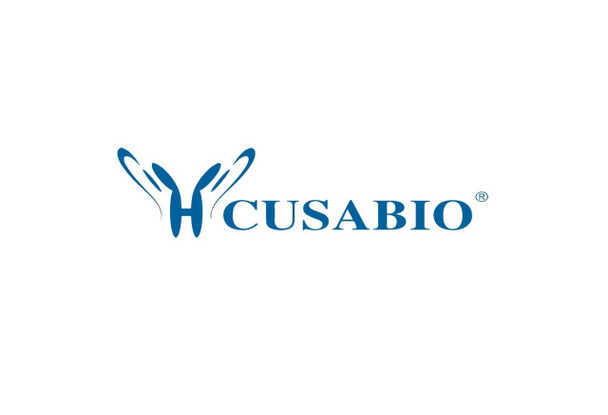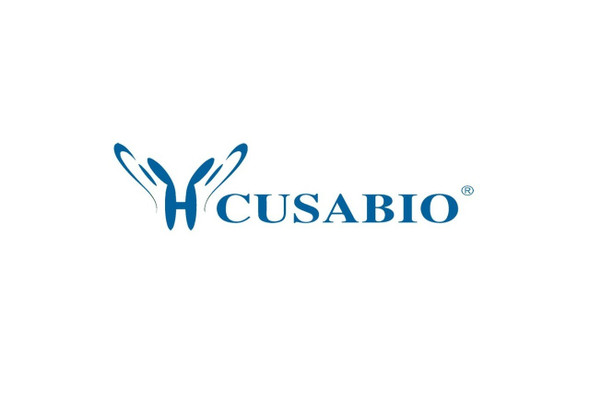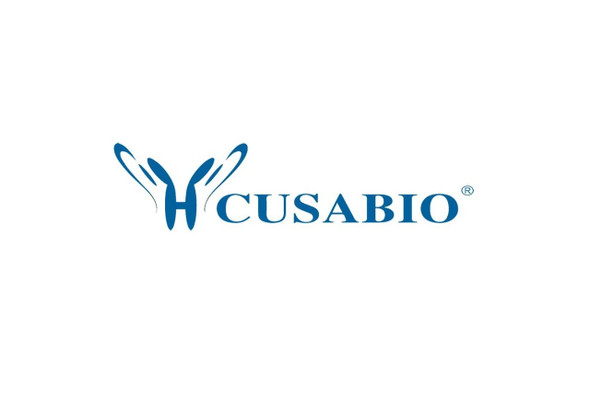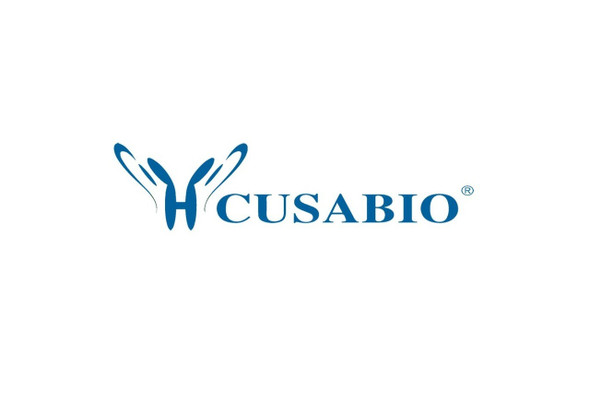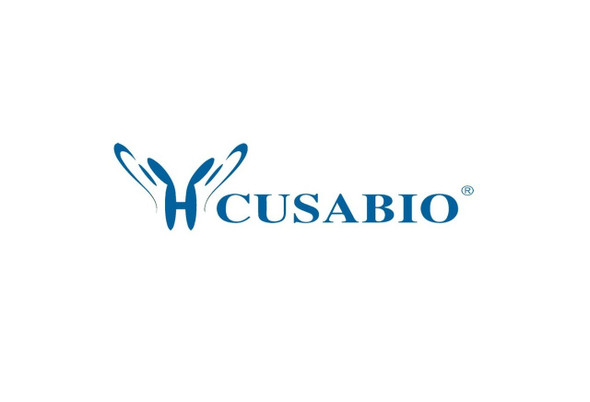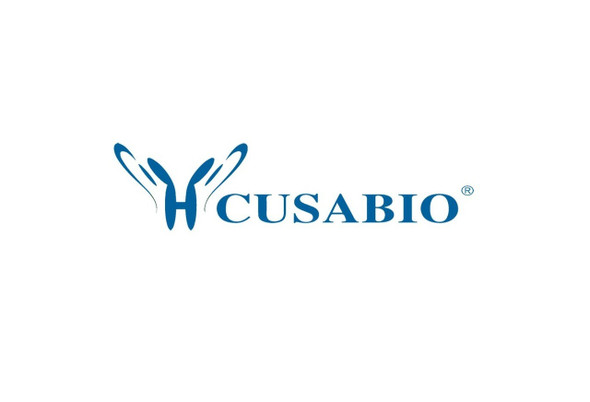Cusabio Polyclonal Antibodies
ATG4A Antibody | CSB-PA845174EA01HU
- SKU:
- CSB-PA845174EA01HU
- Availability:
- 3 to 7 Working Days
Description
ATG4A Antibody | CSB-PA845174EA01HU | Cusabio
ATG4A Antibody is Available at Gentaur Genprice with the fastest delivery.
Online Order Payment is possible or send quotation to info@gentaur.com.
Product Type: Polyclonal Antibody
Target Names: ATG4A
Aliases: Cysteine protease ATG4A (EC 3.4.22.-) (AUT-like 2 cysteine endopeptidase) (Autophagin-2) (Autophagy-related cysteine endopeptidase 2) (Autophagy-related protein 4 homolog A) (hAPG4A), ATG4A, APG4A AUTL2
Background: Cysteine protease required for the cytoplasm to vacuole transport (Cvt) and autophagy. Cleaves the C-terminal amino acid of ATG8 family proteins to reveal a C-terminal glycine. Exposure of the glycine at the C-terminus is essential for ATG8 proteins conjugation to phosphatidylethanolamine (PE) and insertion to membranes, which is necessary for autophagy. Preferred substrate is GABARAPL2 followed by MAP1LC3A and GABARAP. Has also an activity of delipidating enzyme for the PE-conjugated forms.
Isotype: IgG
Conjugate: Non-conjugated
Clonality: Polyclonal
Uniport ID: Q8WYN0
Host Species: Rabbit
Species Reactivity: Human, Mouse
Immunogen: Recombinant Human Cysteine protease ATG4A protein (1-214AA)
Immunogen Species: Human
Applications: ELISA, WB
Tested Applications: ELISA, WB; Recommended dilution: WB:1:200-1:1000
Purification Method: >95%, Protein G purified
Dilution Ratio1: ELISA:1:2000-1:10000
Dilution Ratio2: WB:1:200-1:1000
Dilution Ratio3:
Dilution Ratio4:
Dilution Ratio5:
Dilution Ratio6:
Buffer: Preservative: 0.03% Proclin 300
Constituents: 50% Glycerol, 0.01M PBS, PH 7.4
Form: Liquid
Storage: Upon receipt, store at -20°C or -80°C. Avoid repeated freeze.
Initial Research Areas: Cancer
Research Areas: Cancer;Cardiovascular;Cell biology;Metabolism;Signal transduction

